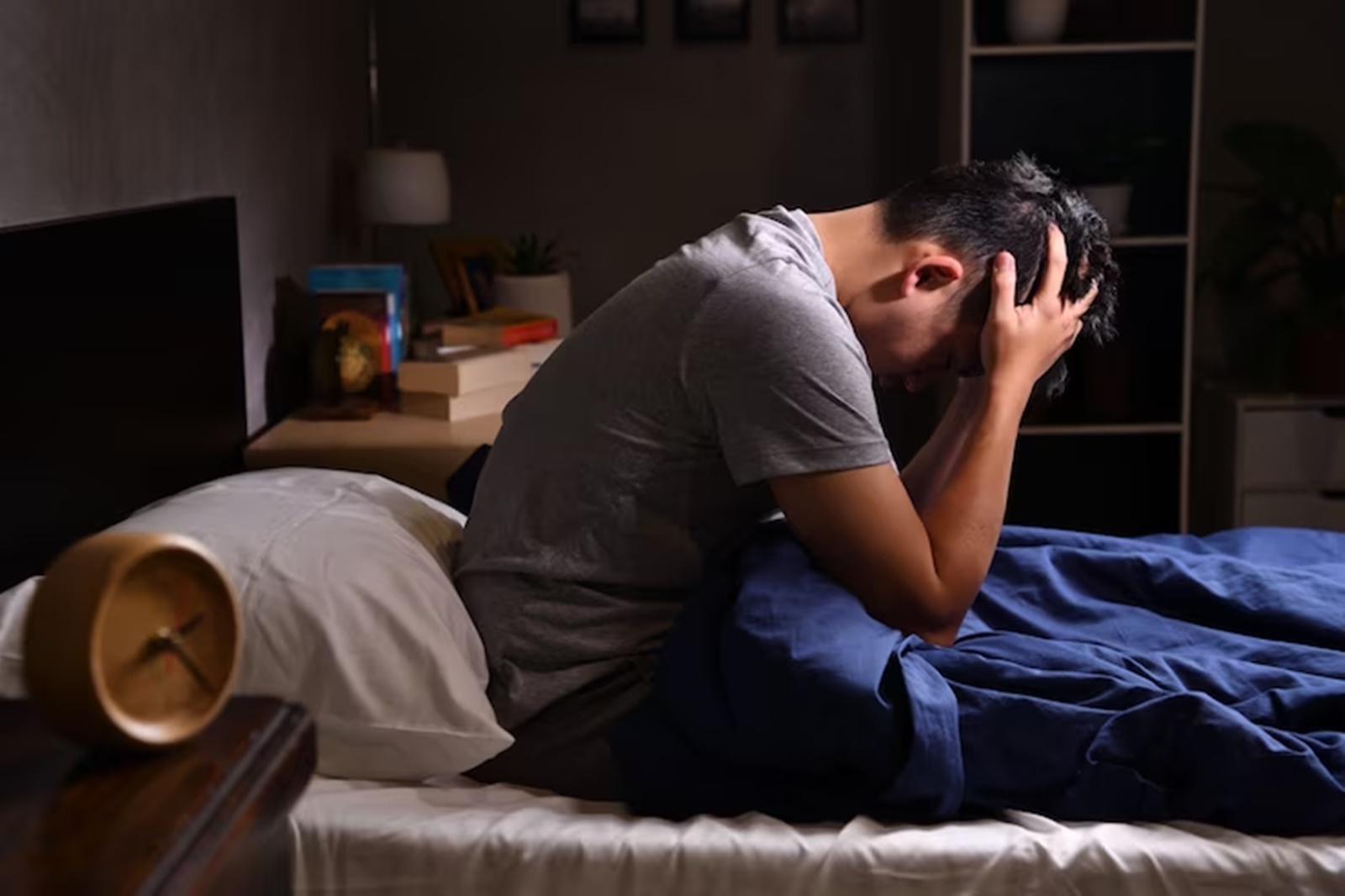📣 For more lifestyle news, click here to join our WhatsApp Channel and also follow us on Instagram
Answered: Why some of us feel sleepy in cars and trains
Many people experience this overwhelming sense of sleepiness while travelling by car or train, a phenomenon that can be attributed to several factors, both environmental and personal
 Discover why you feel sleepy on long car or train journeys. (Source: Freepik)
Discover why you feel sleepy on long car or train journeys. (Source: Freepik)Ever found yourself nodding off while on a long car or train journey, even though you got enough sleep the night before? It’s a common experience, and there are several reasons why our bodies might succumb to the urge to snooze while travelling. Let’s explore some of the factors that contribute to this sleepy phenomenon.
Many people experience this overwhelming sense of sleepiness while travelling by car or train, a phenomenon that can be attributed to several factors, both environmental and personal, explained Dr Aparna Ramakrishnan, Consultant in Psychiatry and Sleep at Kokilaben Dhirubhai Ambani Hospital, Mumbai.
She explained some factors contributing to sleepiness during travel:
- Rhythmic Motion: The constant, low-frequency vibrations of a moving vehicle mimic the gentle rocking motion that helps people fall asleep. This is akin to the way babies often drift off when rocked in a cradle.
- White Noise and Reduced Sensory Input: The consistent hum or white noise within a vehicle, combined with reduced auditory and visual stimuli, creates an environment that dulls alertness and prompts drowsiness. With fewer distractions, the brain doesn’t need to engage in active processing, making it easier to nod off.
- Lack of Natural Light: The enclosed environment of a car or train can limit exposure to natural light. Our bodies rely on sunlight to regulate our sleep-wake cycle. When we’re deprived of natural light, our internal clock can become confused, leading to feelings of drowsiness.
- Fatigue and Sleep Deprivation: Those who are already fatigued or sleep-deprived may find themselves falling asleep more easily during travel. The body takes advantage of any opportunity to catch up on rest, especially in a calming environment.
- Monotony: The lack of stimulating activities during travel, such as reading, working, or conversing, can cause the mind to drift into a state of drowsiness. The repetitive nature of long journeys provides little mental engagement, making it easier to fall asleep.
 Those who are already fatigued or sleep-deprived may find themselves falling asleep more easily during travel (Source: Freepik)
Those who are already fatigued or sleep-deprived may find themselves falling asleep more easily during travel (Source: Freepik)
Does it happen to everyone?
Not everyone feels sleepy while traveling. Dr Ramakrishnan notes that factors such as sleep habits, comfort requirements, and personal tolerance to motion affect whether or not someone falls asleep during travel.
People who are particularly sensitive to motion may feel drowsy. At the same time, those who engage in stimulating activities, like reading or using electronic devices, are less likely to experience travel-related sleepiness. Additionally, well-rested individuals are less prone to drowsiness while on the move.
DISCLAIMER: This article is based on information from the public domain and/or the experts we spoke to. Always consult your health practitioner before starting any routine.
📣 For more lifestyle news, click here to join our WhatsApp Channel and also follow us on Instagram



- 01
- 02
- 03
- 04
- 05
























